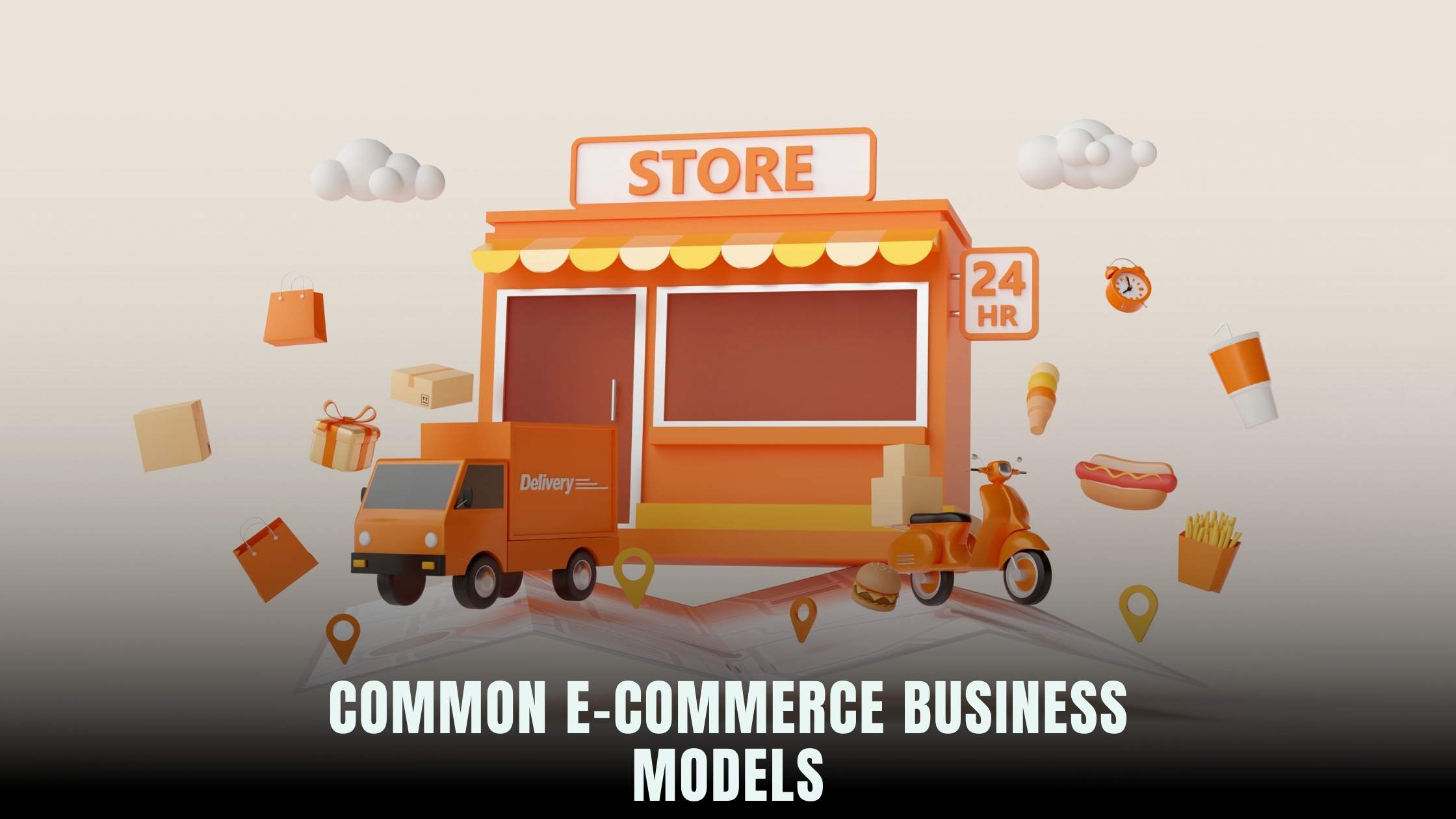Common E-commerce Business Models: Analysis


In the rapidly evolving landscape of e-commerce, businesses adopt various models to sell products or services online. Understanding the different e-commerce business models is crucial for entrepreneurs and businesses aiming to establish a successful online presence. In this article, we will delve into the most common e-commerce business models, providing a comprehensive analysis of each model and its suitability for different types of products or services.
Introduction to E-commerce Business Models
E-commerce business models dictate how businesses operate and generate revenue in the online marketplace. From traditional retail models to innovative approaches, e-commerce businesses employ different strategies to reach customers and drive sales. By understanding the nuances of each business model, entrepreneurs can make informed decisions about their e-commerce ventures and adapt to changing market trends.
Analysis of Common E-commerce Business Models
1. Business-to-Consumer (B2C) Model
The B2C model involves selling products or services directly to individual consumers through online storefronts or marketplaces. This model is widely used by retailers, brands, and service providers to reach a broad customer base. Key features include user-friendly websites, secure payment gateways, and personalized shopping experiences tailored to individual preferences.
2. Business-to-Business (B2B) Model
In the B2B model, businesses sell products or services to other businesses through online platforms or procurement portals. This model is prevalent in industries such as manufacturing, wholesale, and distribution, where companies purchase goods or services in bulk for resale or internal use. B2B e-commerce platforms focus on streamlining the procurement process, facilitating transactions, and building long-term business relationships.
3. Consumer-to-Consumer (C2C) Model
C2C e-commerce platforms enable individuals to buy and sell goods or services directly to other consumers. Popular examples include online marketplaces like eBay, Craigslist, and Facebook Marketplace. C2C platforms provide a convenient and cost-effective way for individuals to monetize assets, declutter belongings, and discover unique items from other users.
4. Subscription Model
The subscription model involves offering products or services to customers on a recurring basis in exchange for a subscription fee. This model is common in industries such as media streaming, software as a service (SaaS), and subscription boxes. By providing ongoing value and convenience, subscription-based businesses can generate predictable revenue streams and foster long-term customer relationships.
5. Marketplace Model
Marketplace e-commerce platforms bring together buyers and sellers in a single online marketplace, facilitating transactions between multiple parties. Examples include Amazon, Alibaba, and Etsy. Marketplace models provide a diverse range of products and services, competitive pricing, and a convenient shopping experience for consumers while offering sellers access to a large customer base and robust infrastructure for selling online.
Relevant SaaS Products for E-commerce Business
- Shopify: Shopify is a leading e-commerce platform that enables businesses to create online stores, manage inventory, process payments, and optimize sales through customizable storefronts and integrated marketing tools.
- WooCommerce: WooCommerce is a WordPress plugin that transforms websites into e-commerce stores, offering features such as product listings, shopping cart functionality, and secure payment gateways.
- BigCommerce: BigCommerce is a cloud-based e-commerce platform that provides businesses with tools to build, scale, and optimize online stores, including customizable templates, inventory management, and multi-channel selling capabilities.
- Magento: Magento is an open-source e-commerce platform that offers flexibility and scalability for businesses of all sizes, with features such as advanced product management, customer segmentation, and integrated marketing tools.
- Square Online: Square Online is an e-commerce solution that allows businesses to create online stores, manage orders, and accept payments seamlessly, with built-in features for shipping, order fulfillment, and customer engagement.
Leveraging Subscribed.FYI Deals for E-commerce Success
For businesses seeking to optimize their e-commerce operations and leverage the power of SaaS solutions, Subscribed.FYI offers access to a curated selection of SaaS products tailored to meet their specific needs. From e-commerce platforms and marketing automation tools to analytics platforms and customer support solutions, Subscribed.FYI Deals provides valuable resources and insights to help businesses thrive in the competitive e-commerce landscape.
Relevant Product Links:








